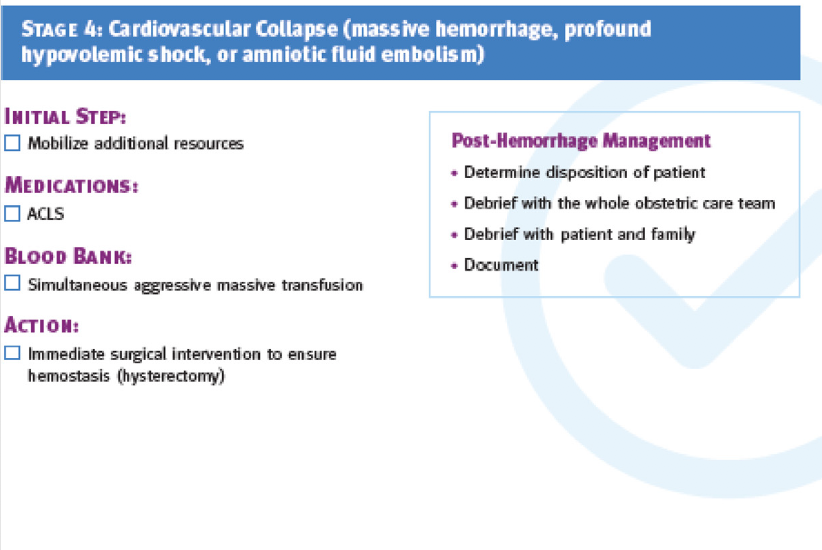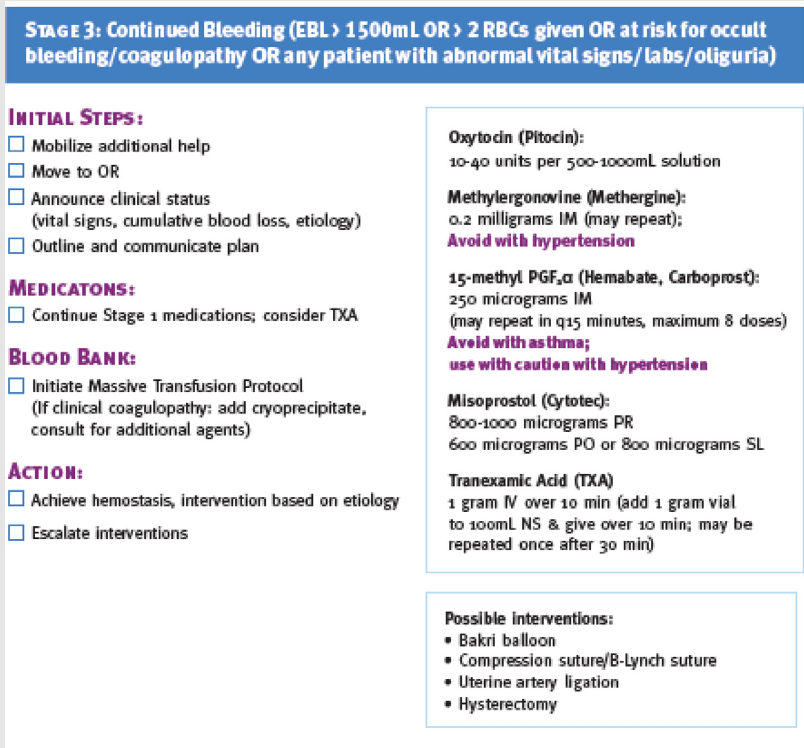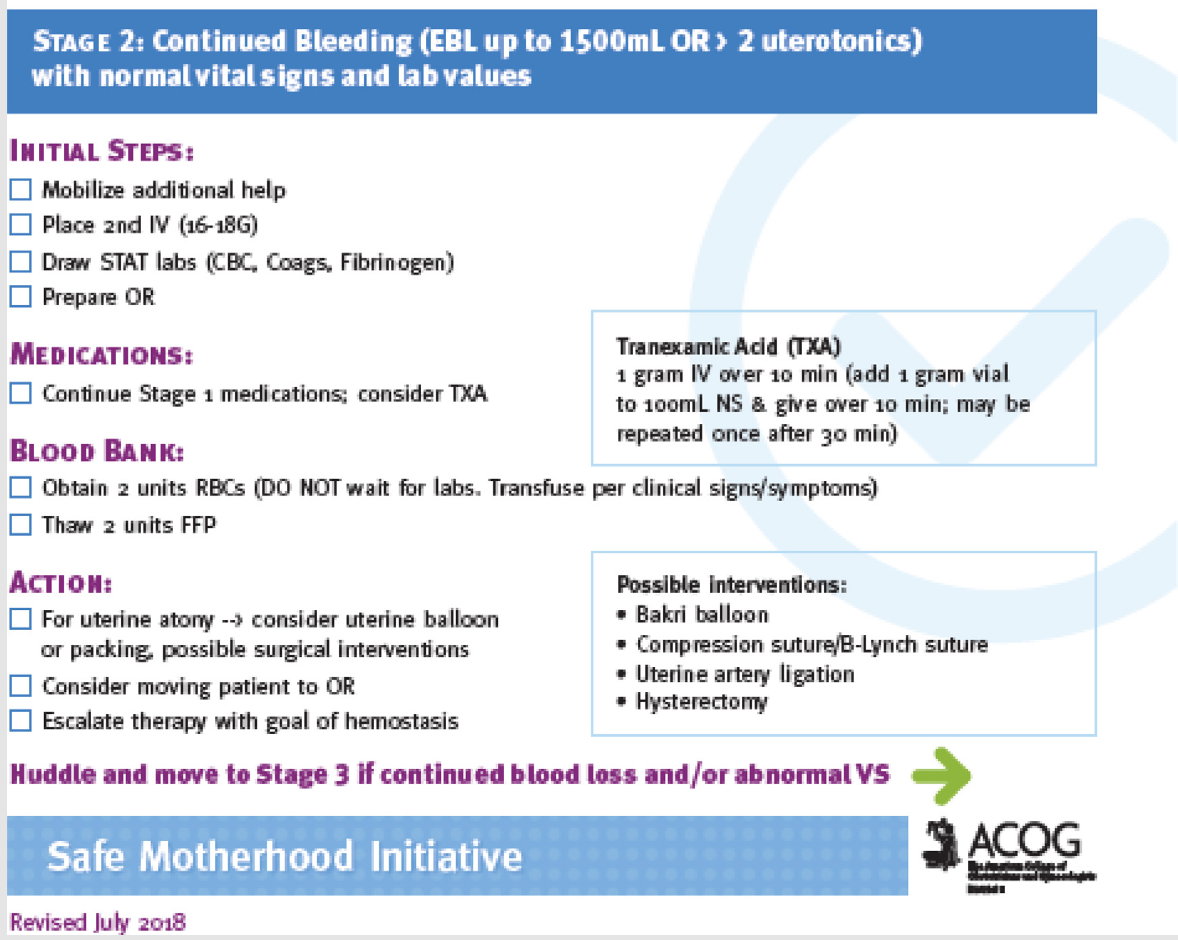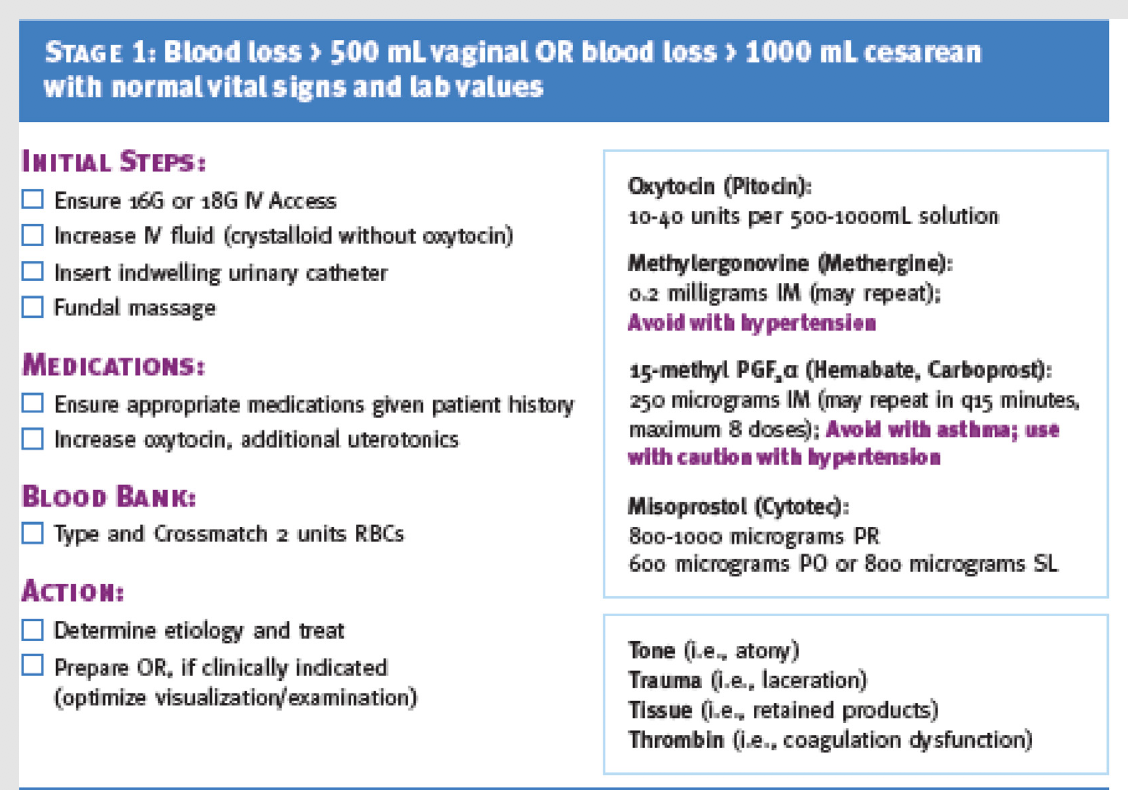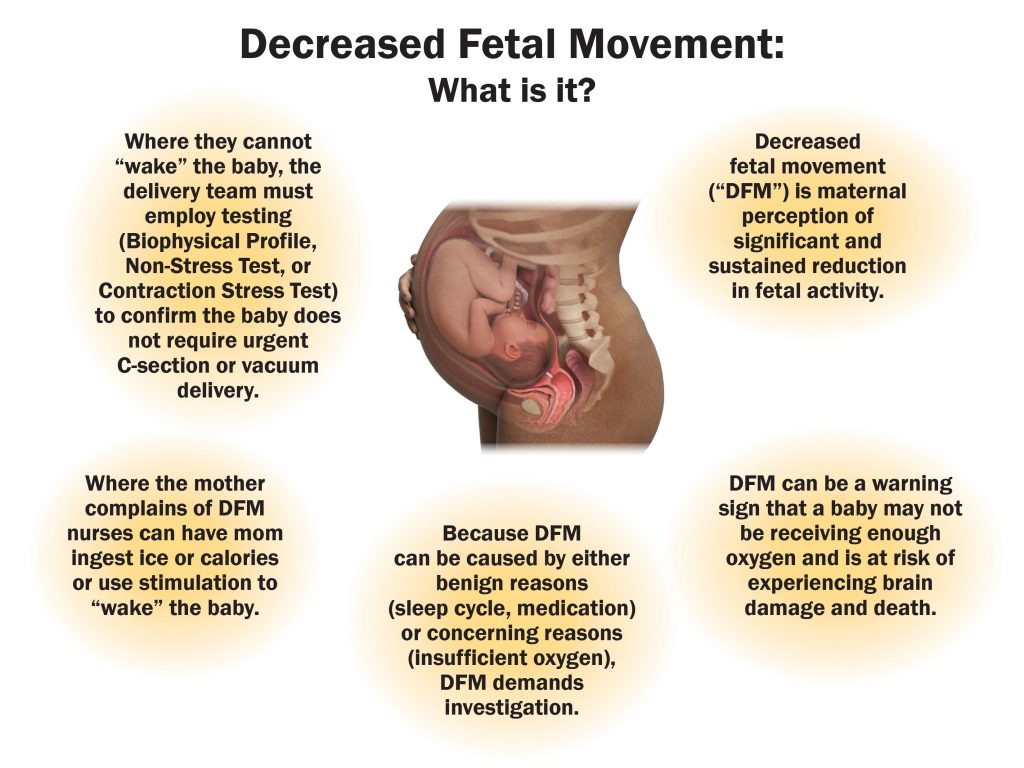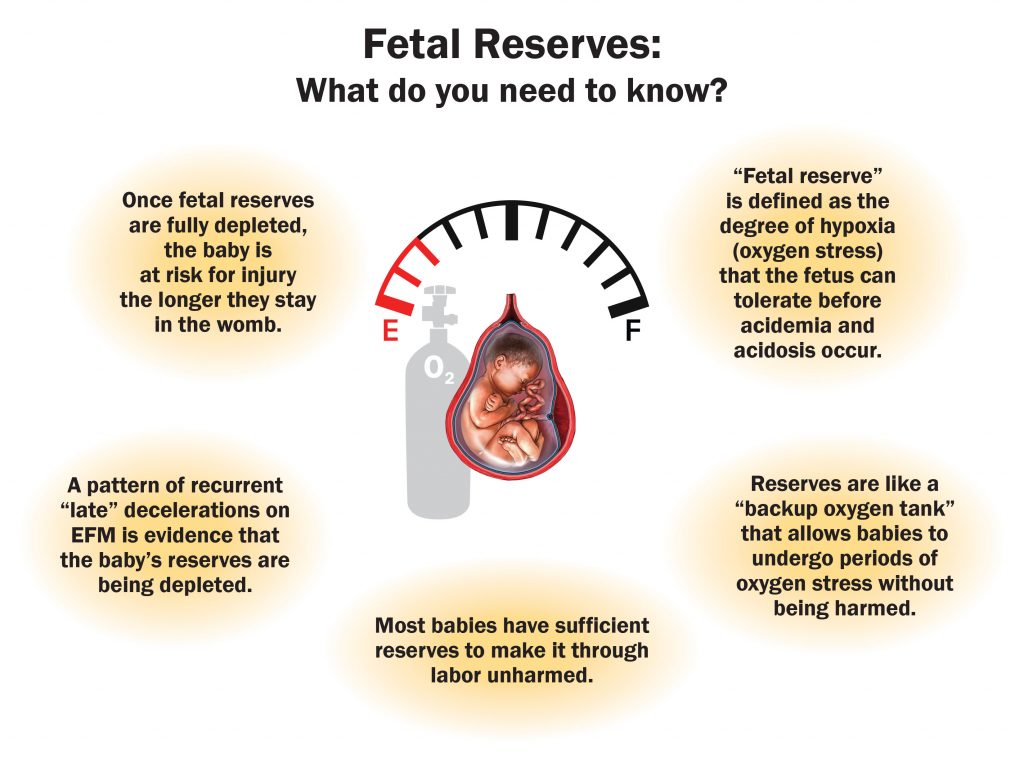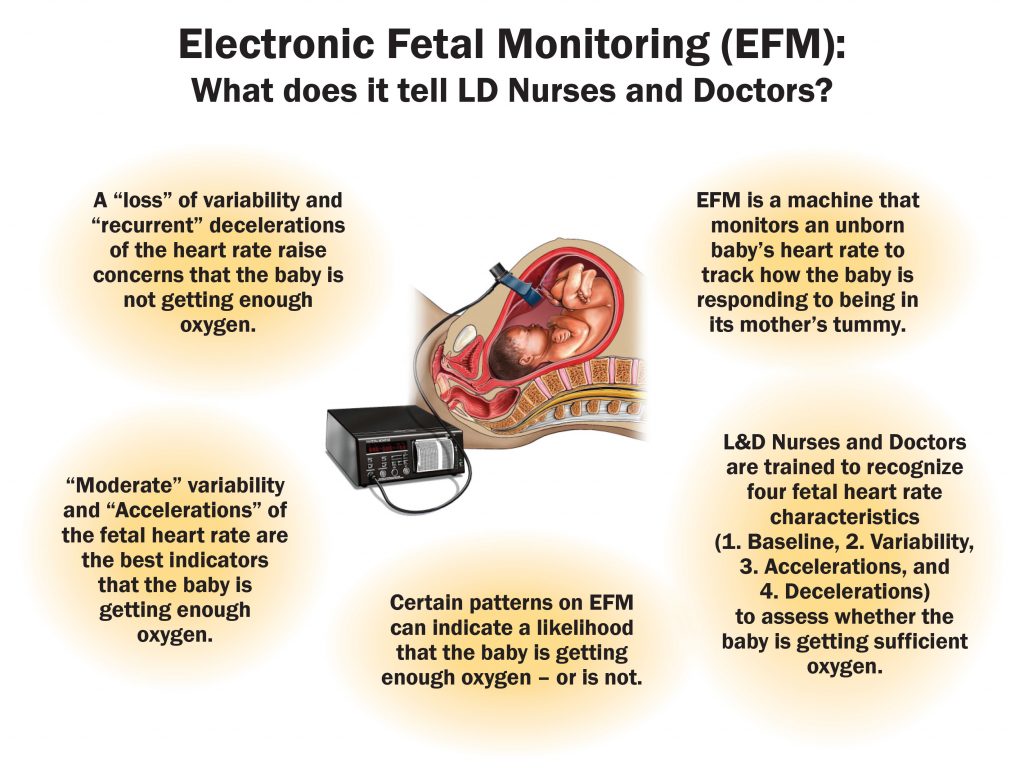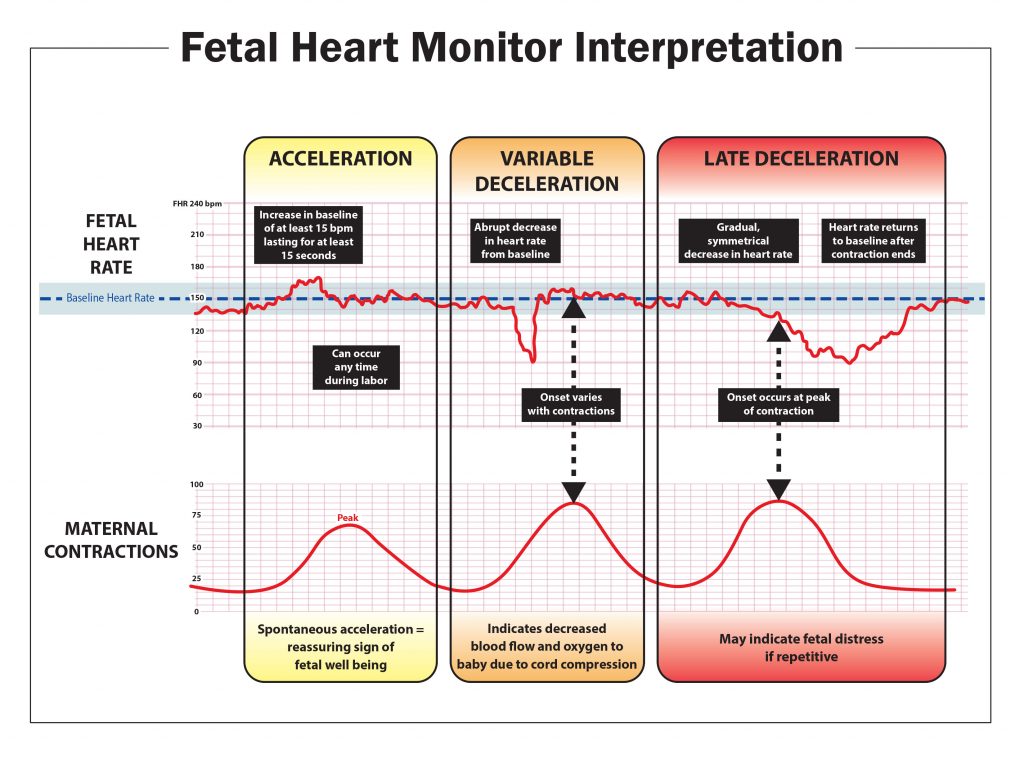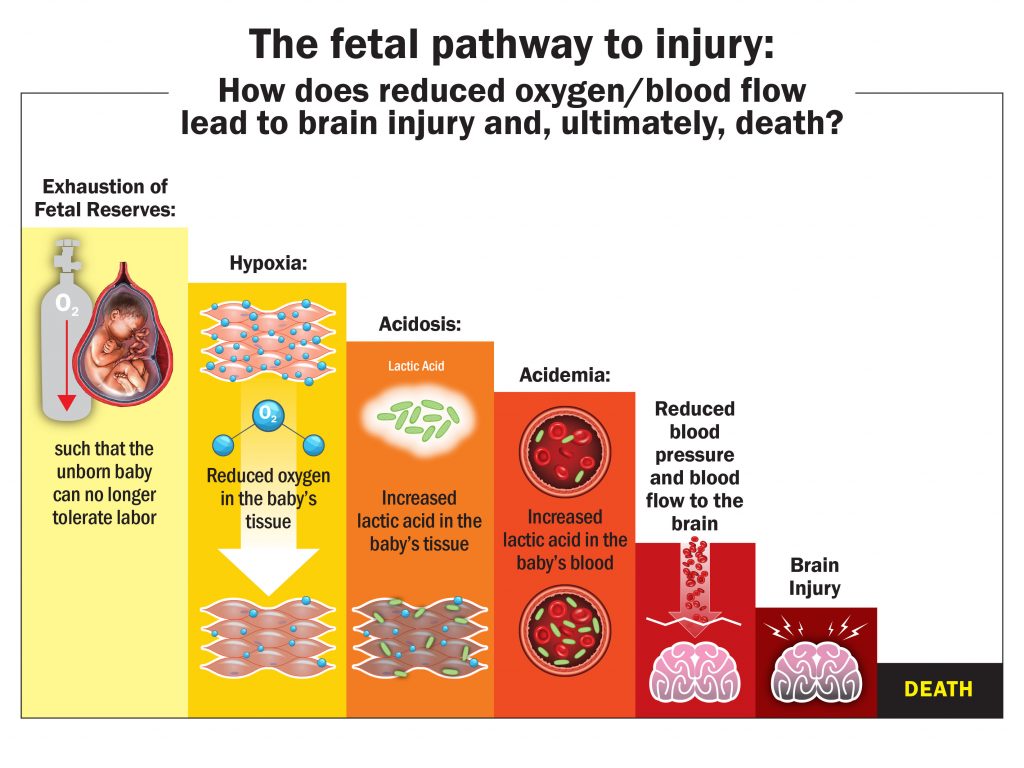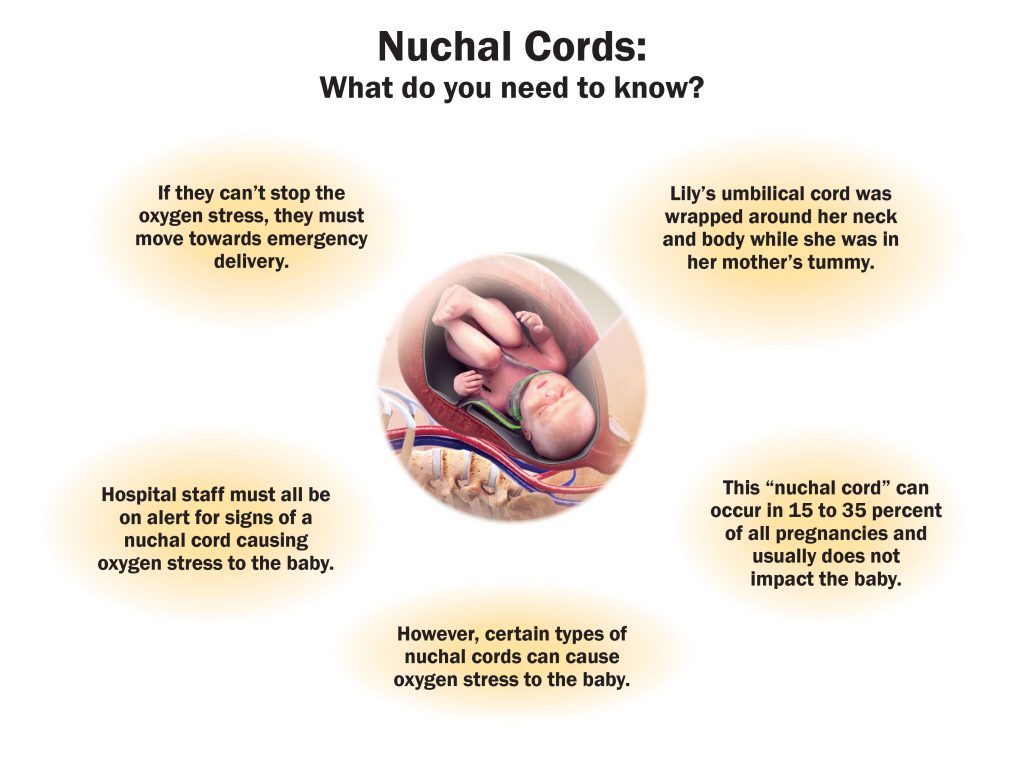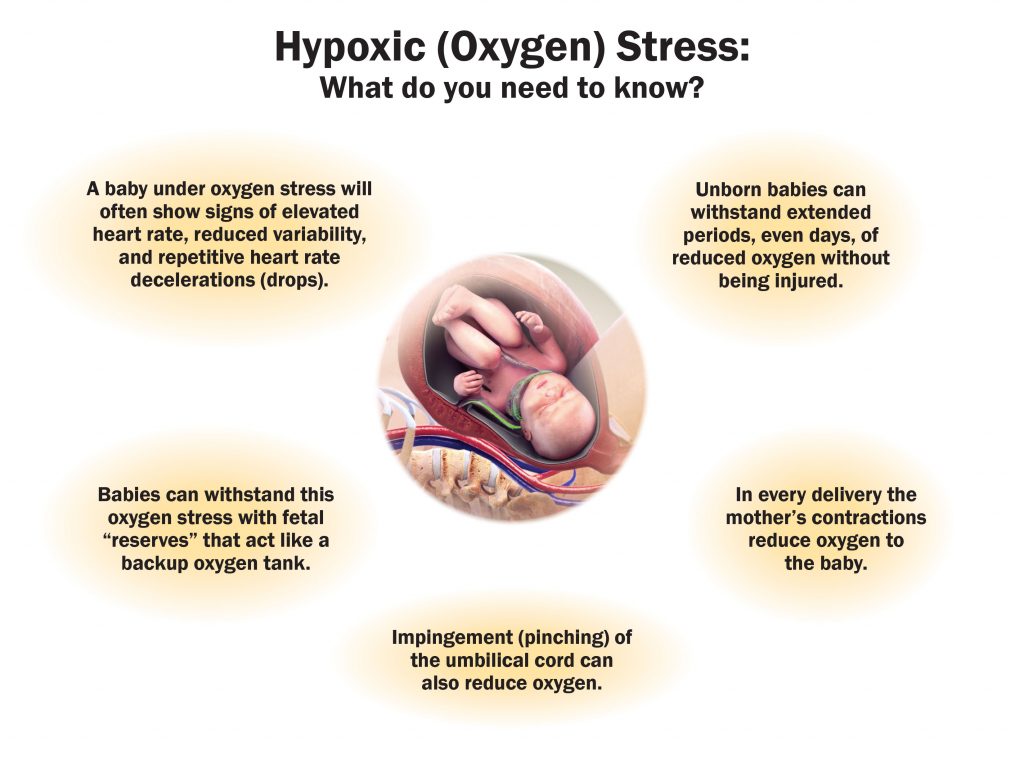Earlier this year, we posted an article on coping with the emotional difficulties that typically follow traumatic brain injuries, which occur when one sustains a violent blow to the head or body that causes damage to the brain. Emotional issues, such as depression, anxiety, and irritability can occur not only because the part of the brain controlling emotions and behavior may have been affected, but also because a sufferer of a traumatic brain injury may simply be frustrated with the changes she has experienced post-injury in her cognitive skills. Traumatic brain injury patients typically experience cognitive issues with attention and concentration, memory, language and speech, and problem-solving. While some of these issues will improve with time, patients do not need to feel reduced to waiting on recovery; they may help facilitate it by taking some simple steps to improve their cognitive functions.
To help improve cognitive skills, the Model Systems Knowledge Translation Center (MSKTC) recommends decreasing distractions by working in a quiet room, taking on one task at a time, and practicing focus on simple and practical activities and gradually making these tasks more difficult. Memory aids are also a great resource for those who might have trouble recalling schedules or placement of items. If language or speech has been disrupted due to the injury, MSKTC recommends working with a speech therapist. Additionally, it is important for family members and friends to help out at this crucial stage of recovery, and they should remember not to speak too quickly so as not to overwhelm someone recovering from TBI, to limit conversations, and to speak kindly to the injured person. MSKTC also suggests developing a signal to help the injured person realize when he or she has gotten off topic in the conversation due to concentration issues.
Returning to work is also a difficult task for many TBI patients due to both physical and cognitive issues following injury. Thus, it is crucial for a traumatic brain injury patient to remember that when returning to work, it may be unreasonable, both physically and emotionally, for her to expect herself to jump back in where she left off. “Rest is key,” advises the Centers for Disease Control and Prevention (CDC), and “restricting work during initial stages of recovery may be indicated to help facilitate recovery.” It is also advisable to continue to monitor symptoms and cognitive state. As such, those who recently have recovered from traumatic brain injuries should consider requesting shortened workdays–perhaps four hours, as opposed to eight hours–and to take breaks when symptoms, such as headaches or dizziness, appear or increase. Additionally, those whose work requires heavy lifting, use of machinery, or dealing with heights, should refrain from such work until fully recovered.
If you or a loved one has suffered a traumatic brain injury as the result of someone else’s negligence, such as a rear end collision, call us for help. We will talk to you and review your case for free. The Tyrone Law Firm specializes in representing those who have suffered a devastating injury, such as traumatic brain injury resulting from the negligence of another. Our personal injury firm here in Atlanta has a very successful record of trying such cases.
Nelson Tyrone handles Brain Injury, Spine Injury and RSD/CRPS cases throughout the United States. He involves only the top medical, rehabilitation and life-care plan experts in the field. His results on behalf of clients include several of the largest settlements and verdicts on record.
You can reach us at 404-377-0017 or via email at admin@tyronelaw.com. If we can’t help you, we will do our best to put you into the hands of lawyers who can.
Additional Resources
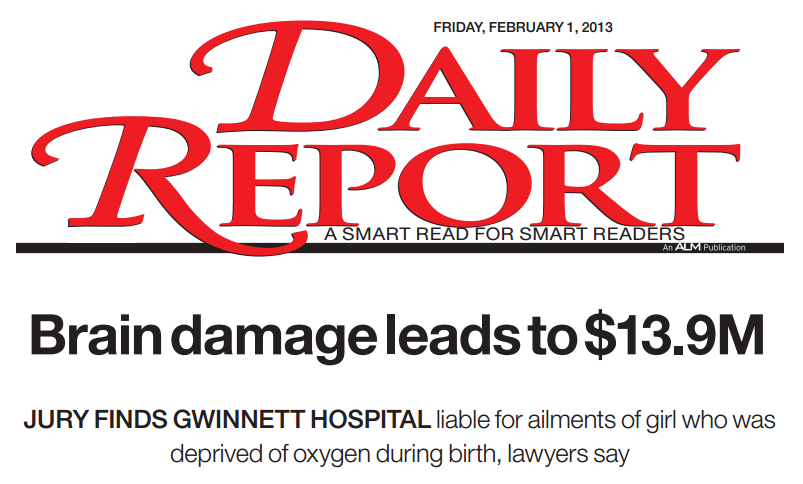



 Hayley serves as a Labor and Delivery Nurse Consultant for the Tyrone Law Firm. She attended and graduated Cum Laude from the University of Georgia in 2004 with a Bachelor of Arts degree in Journalism/Public Relations. After graduation she moved to the gulf coast where she pursued a career in real estate and development.
Hayley serves as a Labor and Delivery Nurse Consultant for the Tyrone Law Firm. She attended and graduated Cum Laude from the University of Georgia in 2004 with a Bachelor of Arts degree in Journalism/Public Relations. After graduation she moved to the gulf coast where she pursued a career in real estate and development.
